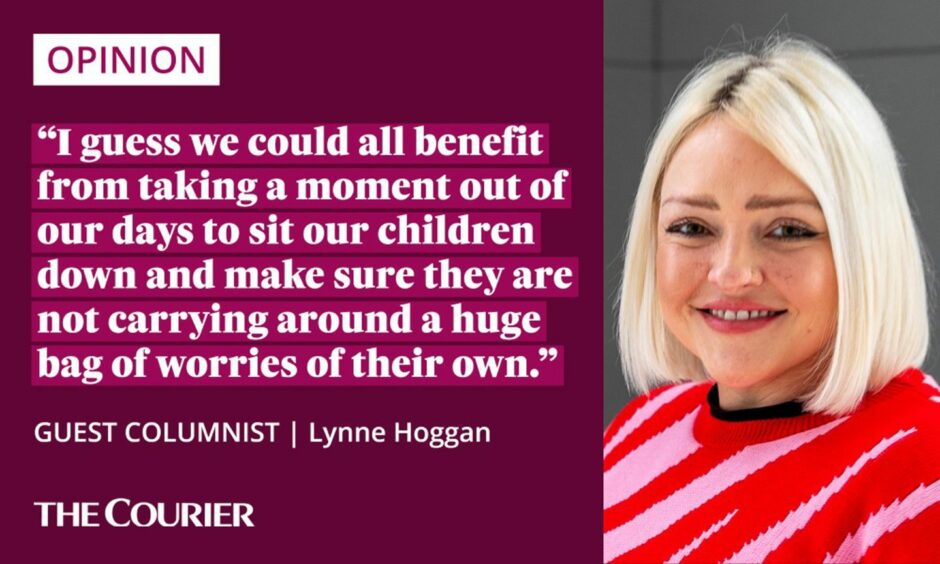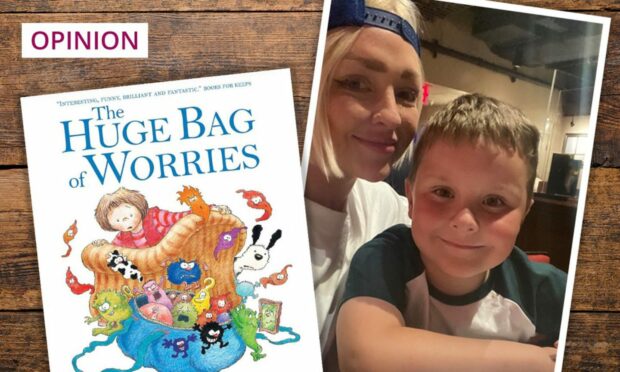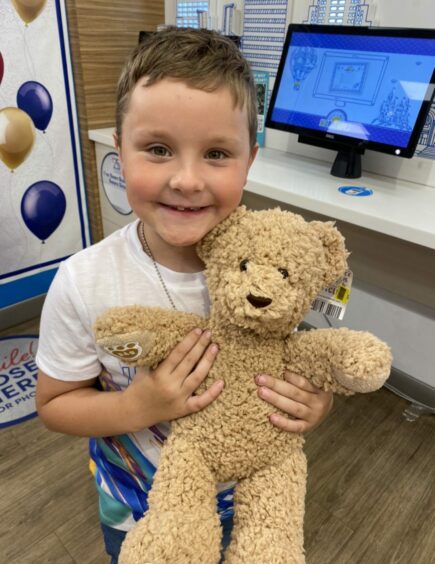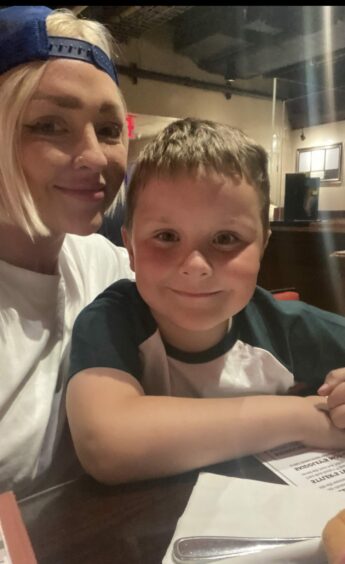We all pulled the odd ‘sickie’ when we were at school right?
Remember those days when going in felt like such a drag.
A cheeky wee sick day now and again felt like a harmless way to get out it.
I wonder if our parents knew we were sometimes putting it on…
Not that I EVER pulled a sick day, of course.
But my son Noel planted the seed last night, telling me he had a cold.

By this morning it was a sore tummy, then a sore head.
This illness appeared to be growing arms and legs.
Suspicious, I asked him if he was just saying he was unwell to get out of school.
That’s when he replied “It’s library day”, then couldn’t get the rest of his explanation out because he burst into tears.
Now we were getting to the bottom of it.
Talking helps – first lesson of adult’s (and children’s) mental health
It turns out he had a book to read and hadn’t done it. And now he was worried about getting into trouble at school.
My heart sank, thinking about him worrying and feeling so much sadness over an unfinished book.
And then it was my turn to feel bad.
Why didn’t I know about the book? Had I forgotten he was meant to read it? Had he not told me?
And can other parents persuade their kids to tell them anything when they get in from school?
Mine seem to never remember what they’ve done for the whole day.
I reassured him and reminded him that I am always here to help. And that he should always talk about things, because now he had and this situation had been resolved.
But I’m wondering now if I’ve been so caught up in my own stuff that I hadn’t noticed he’s had something on his mind.
Children’s mental health is important too
As adults, we’re getting better at focusing on our own mental health, or that of the grownups around us, but what about our children’s?
Maybe we’re all a bit guilty of forgetting about the little ones and all the things they have to deal with.
Often they might need a little chat to make sure everything is ok.
I remember a book from my own primary school called The Huge Bag of Worries to this day.
It’s a book to encourage children to discuss their fears and anxieties.
And if it’s stuck with me all these years, then I have to hope it can help my two boys too.
So I ordered a copy for some bedtime story reading.
I guess we could all benefit from taking a moment out of our days to sit our children down and make sure they are not carrying around a huge bag of worries of their own.
We know that talking can help as adults, and we should be encouraging our wee ones to start young – to get into the habit of speaking to us or to someone else they trust when something is getting them down.
Parenting can be tough at times. Why don’t they teach us that in schools?













Conversation